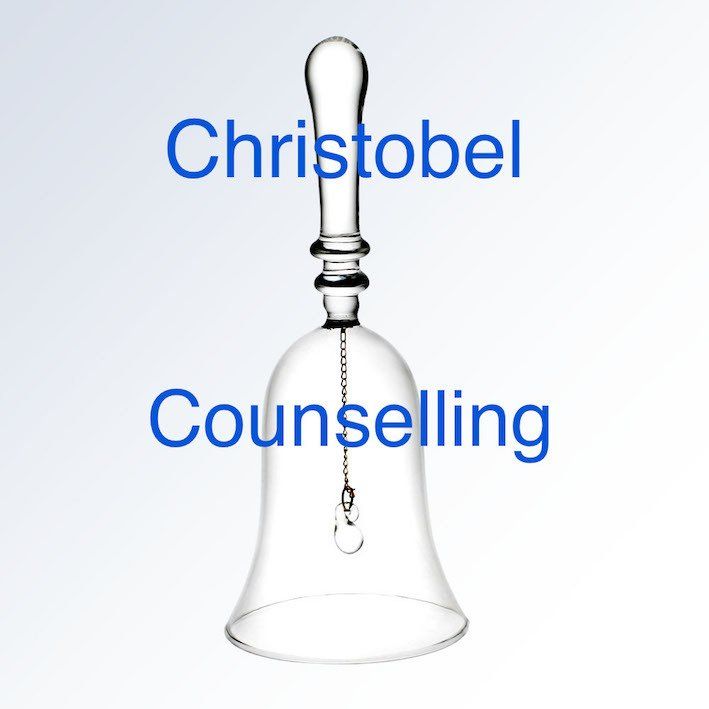Parenting together Making joint decisions for your children
If you were planning an expedition to the Amazon the planning would be started many months before hand – decisions would be made about dates, accommodation, modes of transport, safety plans – all put in place in advance. Some decisions may be made along the way as the landscape changes but the parameters are pretty much set.
With the parenting journey, many things may be left open, often viewed as something we know about from our family experience. What happens when you as parents are sitting at opposite ends of an argument about what’s best for your child?
The differences may not be expected until you actually experience a disagreement. What was obvious to one parent may not be to the other parent. As parents we come from different families with different ideas, often different values and there are many issues that are ‘hot potatoes’ when it comes to parenting.
To smack or not to smack – to vaccinate or not to vaccinate – to medicate or not to medicate … type of education …… how many children ……. so many decisions to make …….
When parents cannot agree on a course of action, that incongruence can cause friction. You might find your you and your partner at opposite ends of an issue.
The position you and your partner have taken on any particualr issue will not be unfounded though. Every position we take in a decision is sitting on top of values and beliefs that you have developed from previous experiences, often from your family.
You will have heard the argument. ‘I was smacked as a child and I turned out ok.’ Your partner may say ‘I wasnt smacked and turned out ok too’.
When you have polarised views, sitting at opposite ends of the topic, that chasm between you may seem huge. It does not lend its self to an agreed position, so what do you do?
Option 1. Fight tooth and nail for your position without consideration for an alternative view.
Option 2. Inform yourself on the topic and make a considered joint decision after an informed discussion.
If you choose option 1 the conflict will continue. The agreement will be either forced by one party and the other resentful of it or the issue will continue to fluctuate in a push-pull fashion – the parenting of your child open to confusion.
Ask yourself, am I responding from an informed position and am I prepared to have a discussion to come to an agreement that most benefits my child? If so consider option 2 then there is at least an opportunity for some understanding where your partner is ‘coming from’ and vise versa. An opportunity for the left brain to be engaged with research and not just the right brain with emotion. You ideally will find some common ground if you continue the discussion rather than blocking the opportunity to talk it over.
Read articles, talk to people but not just the ones you agree with, not just the articles that already support your argument – you know what that article will say – try one that takes an alternative view – give yourself time to consider what other possible views there are.
At least then the next time you have the conversation, yes conversation, not an escalated arguement where your emotions are high and your logical brain is not accessible.
Between the polarised points there’s heaps of room for a conversation – it may be several conversations – the beauty of our brain is that it can take on new information, in fact it will notice new information immediately. Ideas can be reshaped, we can learn new ways – you can teach an old dog new tricks!
Unless you understand for your self and why the position you are taking is so important to you, then how can you be so sure it is coming from the right place – in the best interest of your child.
As your children get older you can teach them to make informed decisions, be the well-informed teacher. – one of your many roles as a parent.
For further counselling Email DiClough.counselling@gmail.com Ph0414728884
Business Hours
Monday: 9am-5pm
Tuesday: 9am-5pm
Wednesday: Closed
Thursday: 9am-5pm
Friday: Closed
Saturday: 10am-4pm (fortnightly)
Sunday: Closed
Certifications
Masters of Counselling
Memberships
Australian Association of Social Workers (AASW)
Psychotherapy & Counselling Federation of Australia (PACFA)
Payment options


